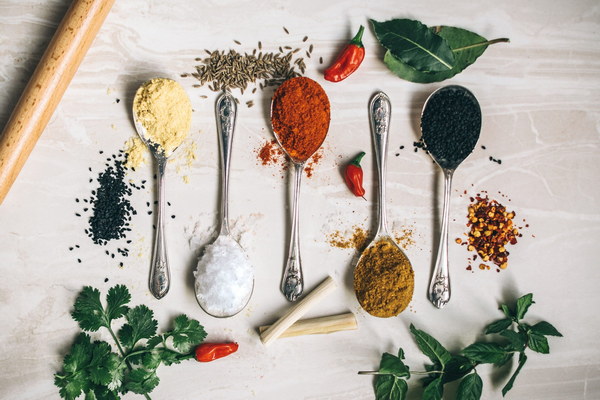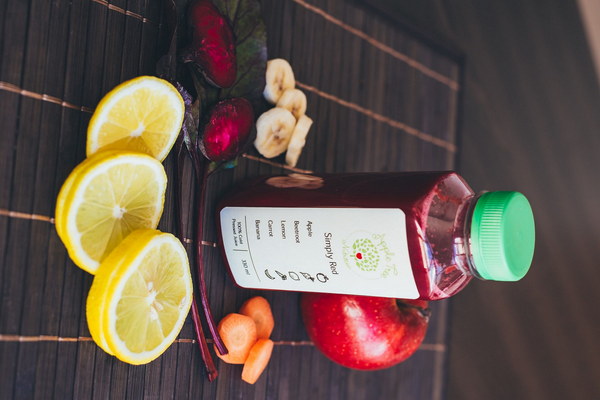How to Foster a StomachFriendly Diet with Rabbit Meat
Introduction:
Rabbit meat has been gaining popularity for its lean and nutritious profile. But did you know that it can also be beneficial for your digestive health? In this article, we will explore how consuming rabbit meat can aid in maintaining a healthy stomach and provide tips on how to incorporate it into your diet for optimal digestive benefits.
Section 1: The Nutritional Benefits of Rabbit Meat
Rabbit meat is a low-fat, high-protein source of essential nutrients. Here are some of the key components that make it stomach-friendly:
1. Lean Protein: Rabbit meat is rich in high-quality protein, which is essential for muscle repair and growth. Unlike some other meats, rabbit meat has a low-fat content, making it easier on the stomach.
2. Low Cholesterol: Rabbit meat is low in cholesterol, which can help prevent the buildup of plaque in arteries and reduce the risk of heart disease.
3. Essential Amino Acids: Rabbit meat contains all nine essential amino acids, which are vital for maintaining a healthy metabolism and supporting the immune system.
4. Rich in B Vitamins: Rabbit meat is an excellent source of B vitamins, particularly niacin, vitamin B6, and vitamin B12, which are crucial for digestion, energy production, and the formation of red blood cells.
Section 2: How Rabbit Meat Helps with Digestion
The digestive benefits of rabbit meat can be attributed to several factors:
1. Digestibility: Rabbit meat is highly digestible, meaning that the body can break it down and absorb its nutrients more easily. This can be particularly beneficial for individuals with sensitive stomachs or those who have difficulty digesting other types of meat.
2. Low Fatty Acids: Rabbit meat contains low levels of saturated fats and higher levels of monounsaturated and polyunsaturated fats, which are considered healthier for the heart and digestive system.
3. Rich in Water Content: Rabbit meat has a high water content, which can help keep the digestive system hydrated and promote regular bowel movements.
Section 3: Incorporating Rabbit Meat into Your Diet
To maximize the digestive benefits of rabbit meat, consider the following tips:

1. Cook it Properly: Ensure that rabbit meat is fully cooked to kill any bacteria that could cause digestive discomfort. Avoid overcooking, as this can make the meat tough and harder to digest.
2. Marinate Before Cooking: Marinating rabbit meat can tenderize it and make it more digestible. Use a marinade with ingredients like lemon juice, olive oil, and herbs to enhance both flavor and digestibility.
3. Choose the Right Cuts: Opt for lean cuts of rabbit meat, such as the loin or breast, which are lower in fat and easier on the stomach.
4. Pair with Fiber-Rich Foods: Serve rabbit meat with fiber-rich foods like vegetables or whole grains to aid in digestion and prevent constipation.
5. Monitor Your Intake: If you have a sensitive stomach, start with small portions of rabbit meat and gradually increase your intake to gauge how your body reacts.
Conclusion:
Rabbit meat is a nutritious and stomach-friendly option that can be easily incorporated into a healthy diet. By choosing the right cuts, cooking methods, and pairing it with fiber-rich foods, you can enjoy the digestive benefits of rabbit meat while nourishing your body with its essential nutrients. Remember to listen to your body and adjust your intake accordingly for the best digestive results.









